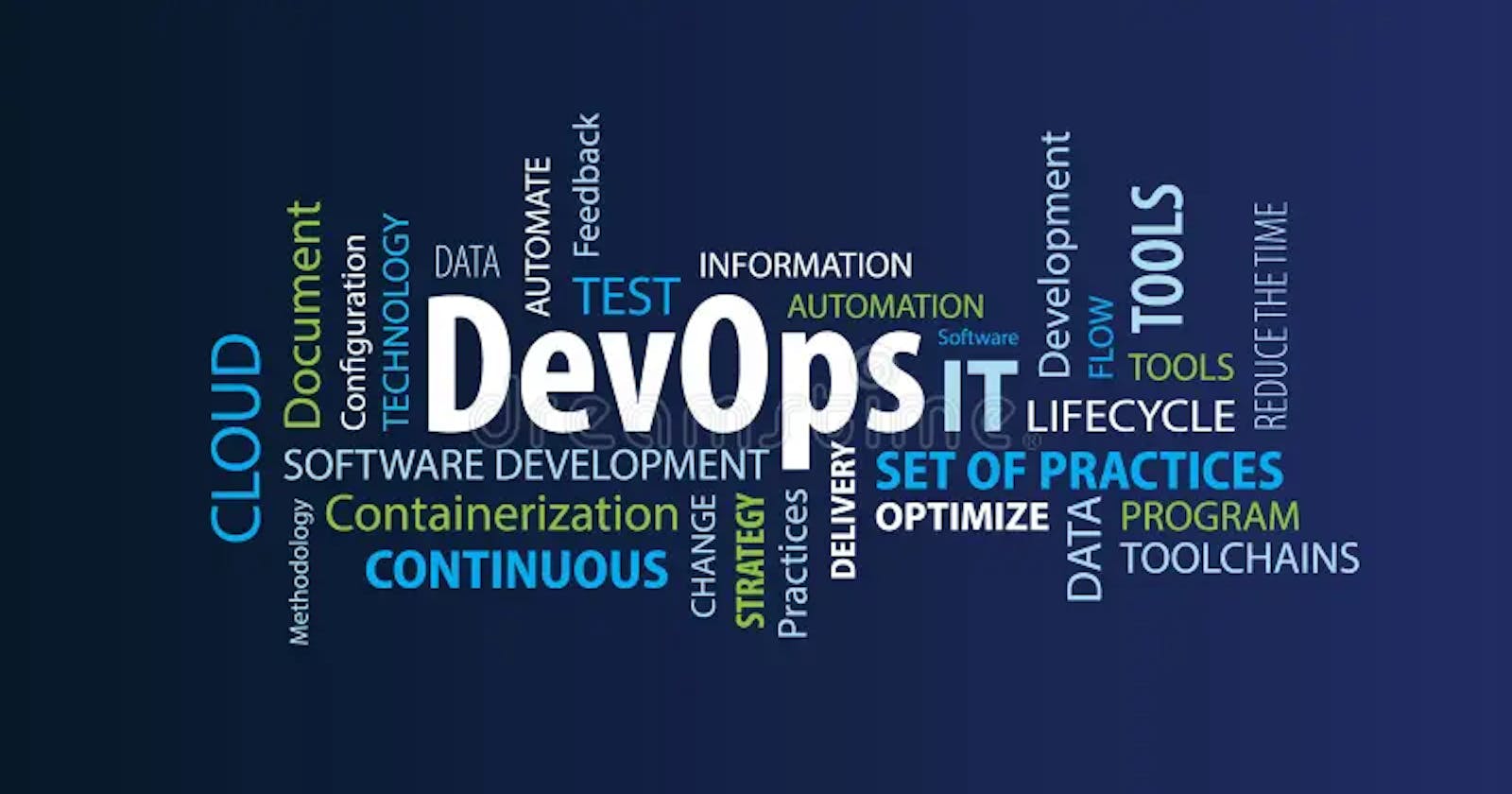What is DevOps? 🔧 DevOps is a collaborative approach that bridges the gap between development and operations teams. It encourages effective communication, increased efficiency, and improved productivity throughout the software development lifecycle. By breaking down silos and fostering teamwork, DevOps enables faster software delivery, iterative improvements, and continuous feedback loops.
Automation: Simplifying Repetitive Tasks ⚙️ Automation plays a vital role in DevOps by reducing manual effort and streamlining repetitive tasks. Imagine a scenario where a marketing team wants to launch a new feature on their website. With DevOps automation, instead of manually writing code, running tests, and deploying the changes, they can use automated tools to perform these tasks effortlessly. By automating processes such as code compilation, testing, and deployment, DevOps teams save time, minimize errors, and enhance overall productivity.
Example: Netflix, a leading streaming platform, is an excellent example of DevOps automation in action. To ensure a seamless user experience, Netflix relies on automated processes to manage their vast catalog of movies and TV shows. From updating content metadata to deploying new features, automation allows Netflix to deliver frequent updates to their platform while maintaining high availability and reliability.
Scaling: Meeting Demands Efficiently 📈 Scaling is a critical aspect of modern software applications, especially as user demands fluctuate. DevOps provides mechanisms to scale applications efficiently, ensuring they can handle increased workloads without compromising performance or availability. By leveraging cloud infrastructure and automation tools, businesses can dynamically allocate resources, add servers, and adjust capacity based on demand.
Example: Airbnb, a popular online marketplace for accommodations, relies on DevOps scalability to handle varying user demands. During peak travel seasons, such as holidays or special events, Airbnb experiences a surge in traffic and bookings. Through DevOps practices and cloud infrastructure, Airbnb can scale their platform in real-time, ensuring that users can access and book accommodations seamlessly, even during high-demand periods.
Infrastructure as Code: Streamlining Operations 💻 Infrastructure as Code (IaC) is a fundamental concept in DevOps that treats infrastructure provisioning, configuration, and management as code. It allows teams to define infrastructure using scripts or configurations, providing a consistent and reproducible environment throughout the software development lifecycle.
Why DevOps is Important:
🤝 Collaboration and Communication: DevOps breaks down barriers between teams, fostering collaboration, and improving communication. This promotes faster issue resolution, reduces misunderstandings, and enhances overall efficiency.
⏩ Speed and Agility: DevOps automation and continuous delivery practices enable businesses to release software updates quickly and frequently. This agility allows companies to respond rapidly to market demands, stay competitive, and deliver value to customers in a timely manner.
⚖️ Stability and Reliability: DevOps emphasizes automation, monitoring, and standardized processes, resulting in more stable and reliable software systems. Continuous monitoring helps identify and address issues proactively, minimizing downtime and ensuring a positive user experience.
📈 Scalability and Flexibility: DevOps enables organizations to scale applications and infrastructure seamlessly. This flexibility allows businesses to handle varying workloads, adapt to changing demands, and meet the needs of a growing user base effectively.
Conclusion: 🌟 DevOps transforms software development and operations by promoting collaboration, automation, and scalability. By embracing DevOps principles, businesses can streamline processes, deliver high-quality software faster, and adapt to the ever-evolving digital landscape. Through real-life examples, we have seen how DevOps practices benefit organizations across various industries, enabling them to meet customer demands efficiently and deliver exceptional user experiences. Embracing DevOps is crucial for businesses aiming to stay competitive, improve productivity, and achieve successful software outcomes.
